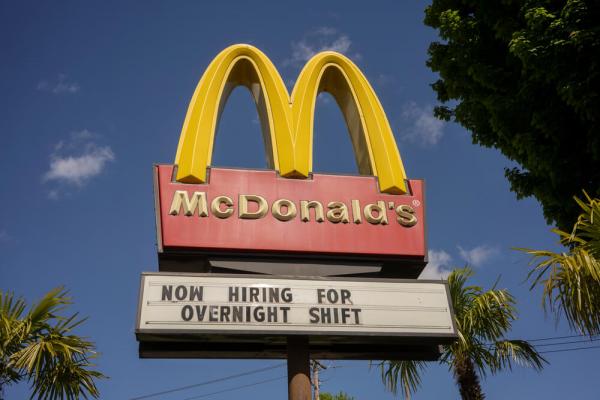May 17, 2021
Rather than reflecting the truth of the motivations of both workers and employers, the "labor shortage" conversation is a tactic to adjust public perception and create the political will big corporations need to capture cheap labor –– it's propaganda at its most straightforward.
Read the Full Article

Already a subscriber? Login
